Explainer: What is Eid al-Fitr?
Muslims around the world are celebrating Eid al-Fitr this week, either on Monday or Tuesday depending on the sighting of the moon.
The holiday marks the end of Ramadan, the Muslim holy month where devotees fast each day from sunrise to sunset.
This is the first time in more than two years that most Muslims can celebrate Eid al-Fitr without restrictions imposed for the coronavirus pandemic.
What is Eid al-Fitr?
Eid al-Fitr, called the 'Festival of the Breaking of the Fast', commemorates the end of the holy Islamic month of Ramadan.
This is a month of religious devotion where Muslims refrain from food and drink from sunrise to sunset.
It is generally celebrated for three days in Muslim countries and begins with the sighting of the new moon.
The specific date can vary from country to country: for example, this year Muslims in the UK celebrate Eid al-Fitr on 2 May, while people in India mark the occasion on 3 May.
Days, according to the Islamic calendar, begin and end at sunset instead of at midnight.
The night comes before the day, which is why most Muslim festivals – including Eid al-Fitr – are perceived to be commemorated a night earlier by those only familiar with the Western calendar.
How do people celebrate?
Eid al-Fitr celebrations begin in the evening after the last day of fasting for Ramadan. Families gather to usher in the new moon, often wearing new clothes and eating traditional delicacies.
Devotees gather for the ritual Eid al-Fitr prayer and a sermon the next morning, formally ushering in the end of Ramadan and welcoming the new month of Shawwal.
The festival is spent meeting family and friends. Children are often presented with gifts or money by their elders.
Food and clothes are both important markers of Eid. Muslims from around the world prepare their own traditional delicacies and typically wear new clothes to mark this festival.
Moroccan families usually prepare sweets such as Fekkas, Kaa bel Ghazal and Ghoriba Bahla, while Eid is generall incomplete in India without the traditional Sheer Khorma.
In Indonesia, traditional delicacies such as Ketupat – considered a symbol of forgiveness – are prepared for the occasion.
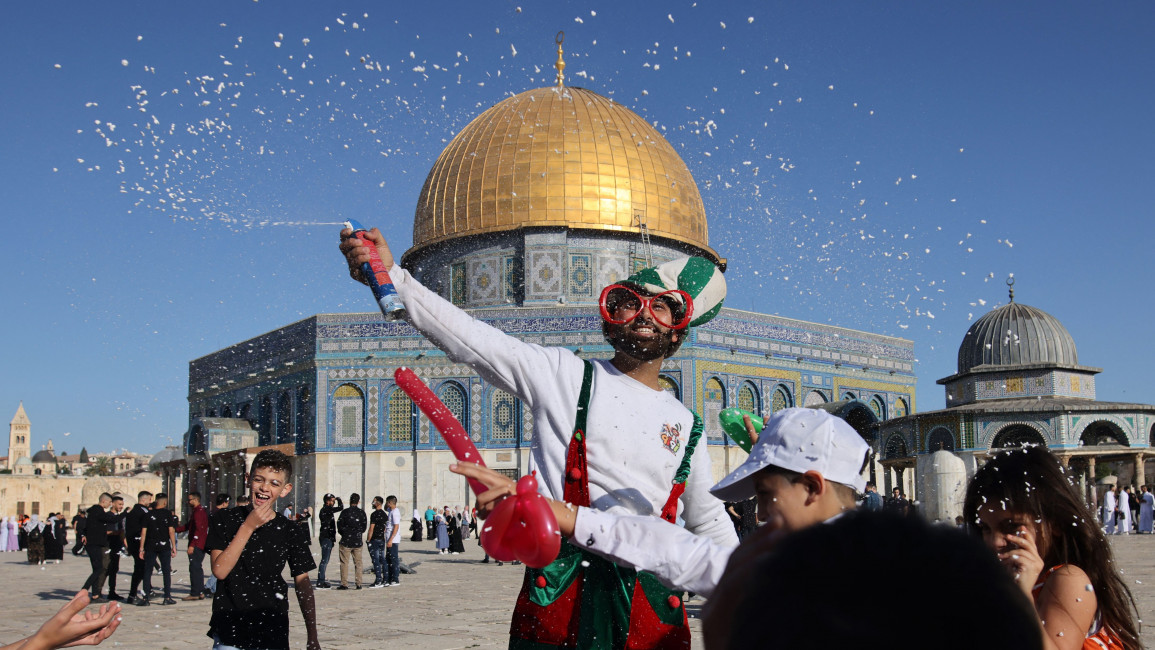
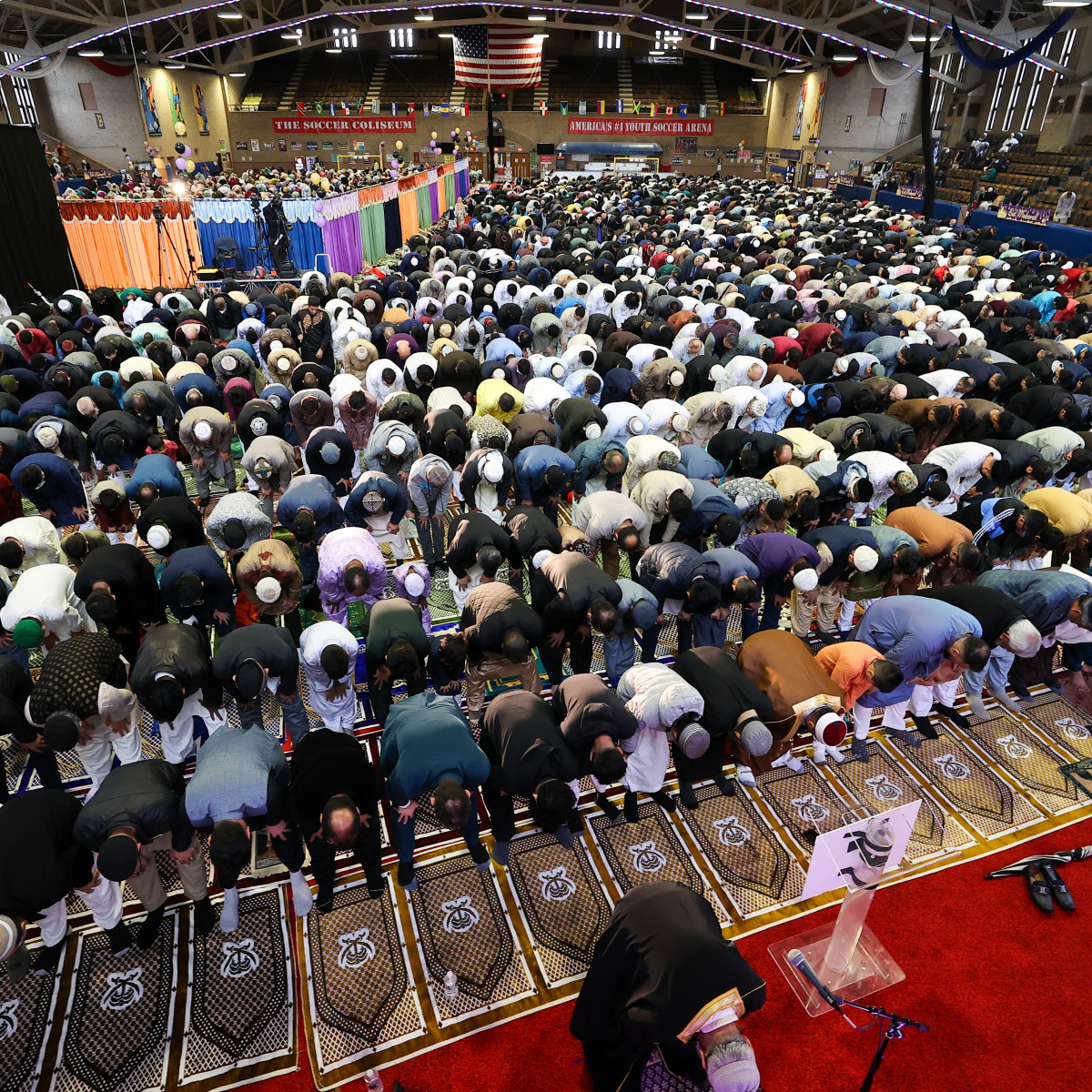
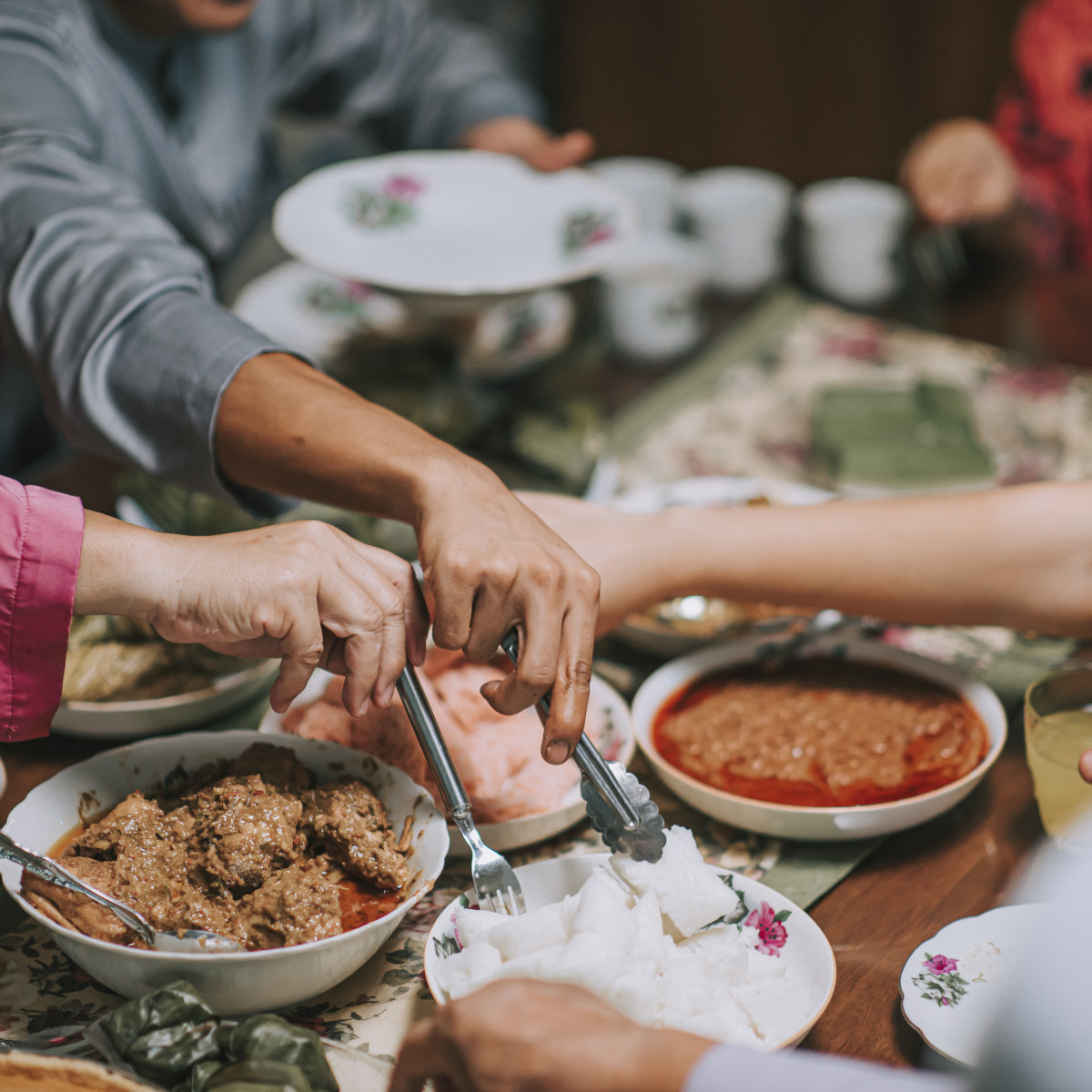
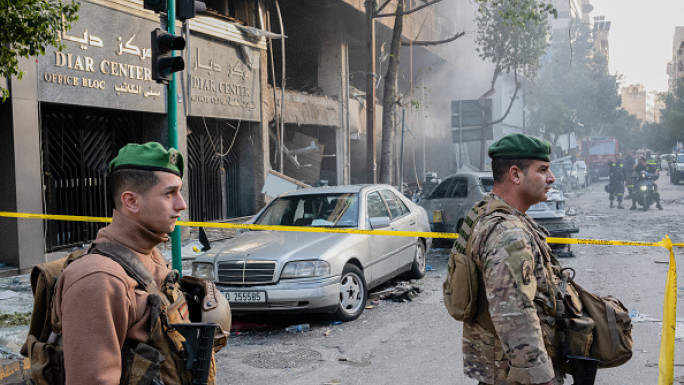
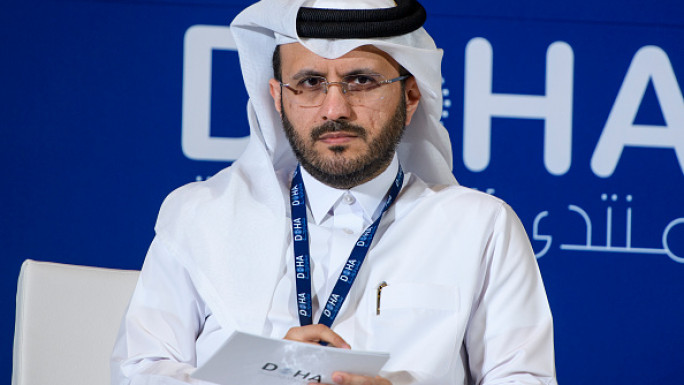
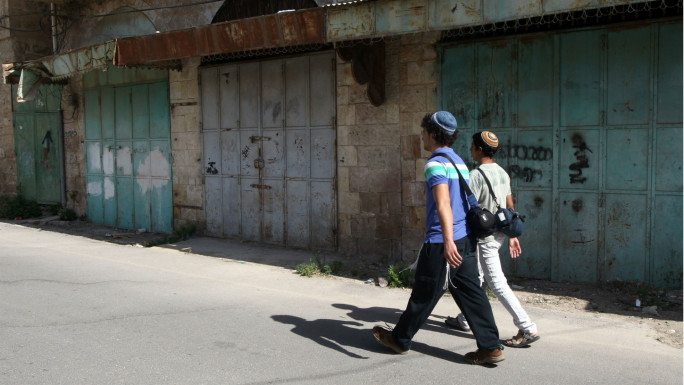
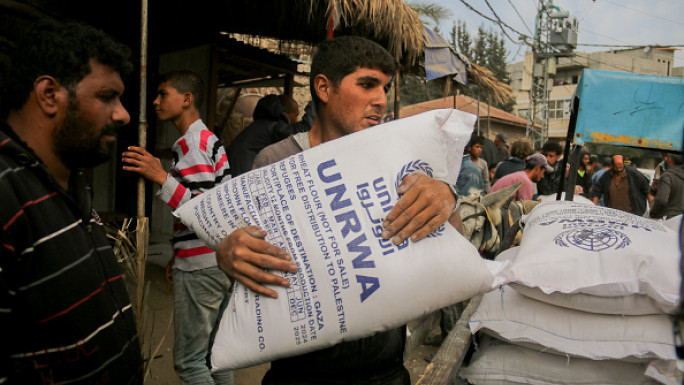
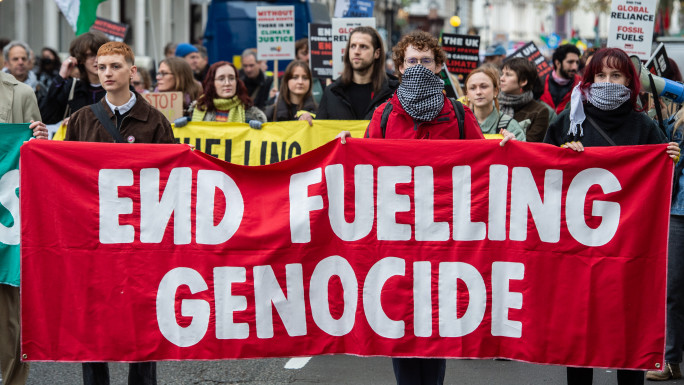
 Follow the Middle East's top stories in English at The New Arab on Google News
Follow the Middle East's top stories in English at The New Arab on Google News
![Gaza casualties [Getty]](/sites/default/files/styles/image_330x185/public/2149262510.jpeg?h=a5f2f23a&itok=XODmAM9t)
![Cop29 [Getty]](/sites/default/files/styles/image_330x185/public/2156170084.jpeg?h=a5f2f23a&itok=nFoXDOnn)
![Afghan school girls [Getty]](/sites/default/files/styles/image_330x185/public/1244052017.jpeg?h=a5f2f23a&itok=Zd_bRycW)